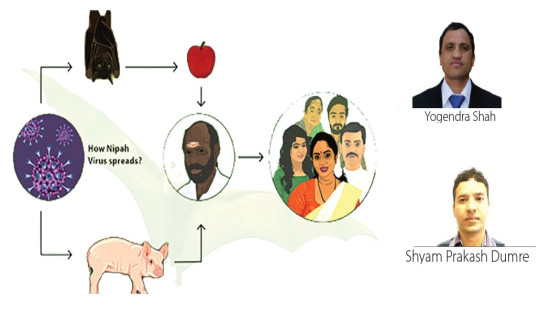- Saturday, 7 February 2026
Potholes Of Perils
Pallav Bhusal
Kathmandu, the bustling capital of Nepal, is a city that teems with life and vibrancy. Yet, beneath the dynamic facade lies a persistent and troublesome issue – potholes in the road. This seemingly small but significant problem disrupts daily commutes, damages vehicles, and poses a serious safety risk. Having navigated these perilous craters countless times in my vehicle, I’ve come to realise that the pothole problem is not merely an inconvenience but a pressing issue that demands immediate and effective solutions.
My personal experiences with Kathmandu’s pothole are nothing short of harrowing. On more than one occasion, my morning drive to work has been marred by sudden jolts as my vehicle thudded into an unseen pothole. These jarring encounters are not only uncomfortable but often result in costly damage. A few months ago, after a particularly severe bump, I discovered a significant crack in my vehicle’s suspension. The repair costs were substantial and frustrating, not to mention the inconvenience of having to miss work. Such incidents are not isolated, they are part of a broader pattern affecting thousands of motorists daily.
The root of Kathmandu’s pothole problem is multifaceted. Rapid urbanisation, inconsistent road maintenance, and heavy monsoon rains contribute to the degradation of road surfaces. The city’s infrastructure often struggles to keep pace with its growing population and increased vehicular traffic. Roads are frequently patched up haphazardly, with temporary fixes that fail to address the underlying issues. The result is a cycle of recurring potholes that seem to perpetually reappear.
Addressing this problem requires a comprehensive approach. First and foremost, we need a commitment to better road maintenance. This involves not just filling potholes, but adopting a systematic approach to road repairs. Investment in high-quality materials and modern techniques can prevent quick fixes from failing prematurely. The government must allocate funds specifically for road maintenance and ensure that these funds are used efficiently and transparently.
Additionally, the involvement of local communities in road management can play a crucial role. Regular inspections and maintenance schedules, driven by both government and community input, can help identify and address problems before they escalate. Engaging citizens in reporting potholes and providing feedback on road conditions can lead to more responsive and responsible maintenance practices. Technological solutions also offer promising avenues. Implementing smart sensors that monitor road conditions and predict deterioration can help prioritise repairs and manage resources more effectively. Similarly, using data analytics to track the frequency and severity of potholes can inform better planning and execution of road maintenance.
Public awareness and education are equally important. Drivers need to be informed about the risks associated with potholes and the importance of reporting them. Awareness campaigns can encourage motorists to drive cautiously and report damage, which in turn pressures authorities to act. Lastly, a cultural shift towards accountability and quality in public works is essential. We need to hold contractors and municipal authorities to higher standards and ensure that they deliver on their promises. Transparent processes, regular audits, and public feedback mechanisms can help maintain roadwork projects' integrity.
While the pothole problem may seem like an intractable issue, it is not insurmountable. By combining improved maintenance practices, community involvement, technological innovation, and heightened accountability, we can pave the way for safer and more reliable roads. As someone who has endured the frustrations of navigating Kathmandu’s cratered roads, I believe that with concerted efforts and strategic planning, the city can overcome this never-ending roadblock and reclaim its place as a vibrant, thriving metropolis.

















